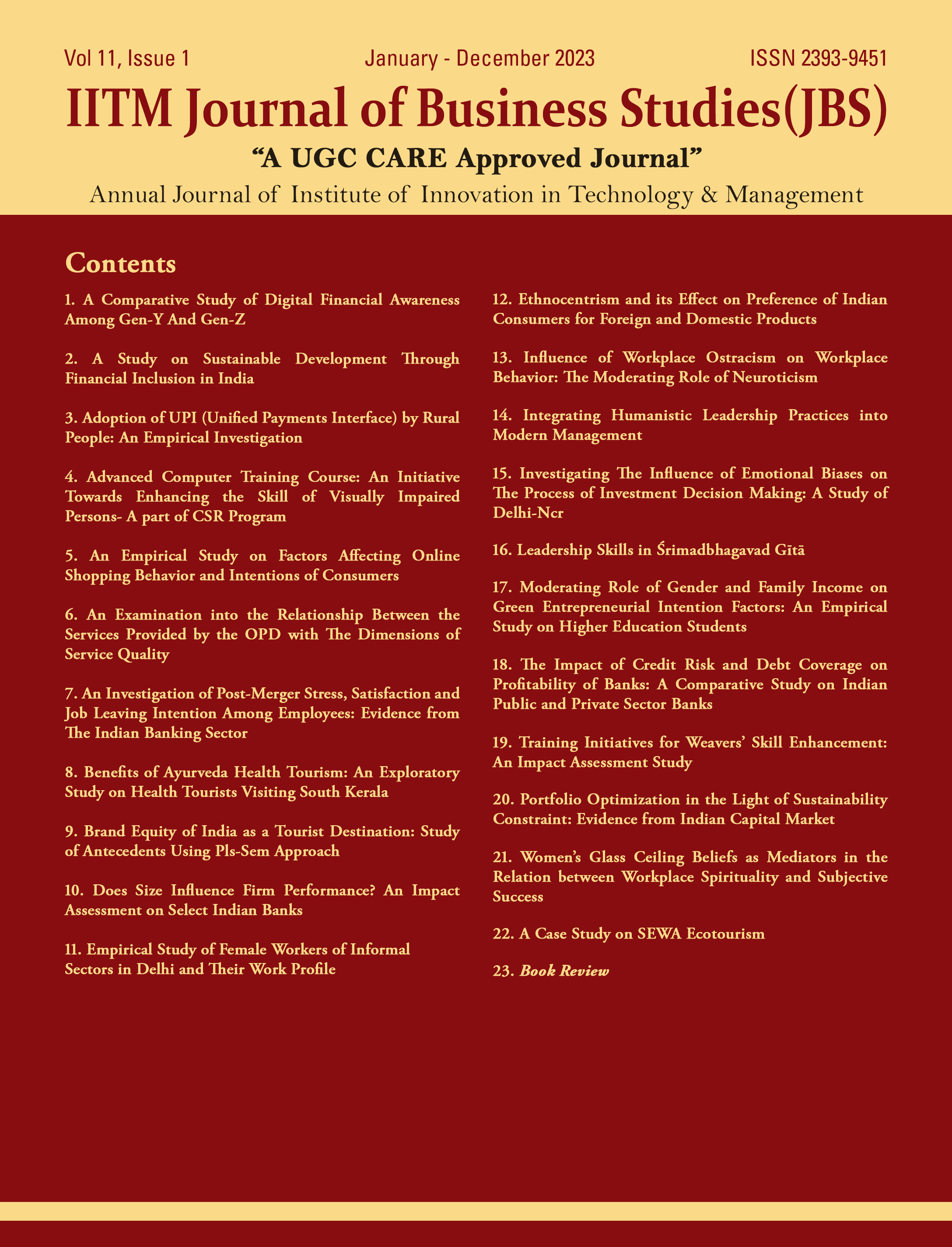Assistant Professor of Economics, Department of Business Administration and Management, Kerala University of Fisheries and Ocean Studies, Kochi, Kerala
Keywords:
VUCA, financial planning, economic insecurity, financial wellbeing etc.Abstract
Today we live in a world which is be best described by the VUCA (Vulnerability, Uncertainty, Complexity and Ambiguity) factor. In such a world, with growing level of uncertainties, personal financial planning is of paramount importance. A comprehensive financial plan encompassing all the crucial aspects of personal finance: savings, insurance, investment, retirement, taxation and estate, would not only prepare one for ‘rainy days’ but also ensure fulfillment of various short and long term financial goals. Moreover, at present times, with the onset of the novel corona virus, people around the globe have faced economic insecurity and liquidity crunch. In order to survive such difficult times, personal financial planning is not only a good proposition but has become a basic requirement. The paper attempts to highlight the level of financial planning and financial wellbeing, along with the reasons and challenges faced by respondents while planning. In addition to this, the researcher attempts to determine the association between financial planning and financial wellbeing.
References
Altfest L. (2004). Personal financial planning: origins, development and a plan for future direction. The American Economist, Vol. 48, No. 2, pp. 53-60.
Adam, A.M. et al. (2017), Financial literacy and financial planning: Implication for financial well-being of retirees, Business and Economic Horizons, Vol. 13 (2), pp.224-236.
Colaco G. and Rao D. (2016). Dimensions of personal finance and investment: An overview. Anveshana, Vol.6 (1), pp. 74-81.
Mahdzan, N.S. et al. (2019). Determinants of Subjective Financial Well-Being across Three Different Household Income Groups in Malaysia. Soc Indic Res, 146, pp. 699–726.
Prawitz, A. et al. (2006). InCharge Financial Distress/Financial Well-Being Scale: Development, Administration, and Score Interpretation. Journal of Financial Counseling and Planning, vol. 17(1), pp. 34-50.
Sabri, M. F. and Falahati, L. (2013). Predictors of financial well-being among Malaysian employees: examining the mediate effect of financial stress. Journal of Emerging Economies and Islamic Research, Vol. 1 (3), pp. 1-16.
Sehrawat, K., Vij, M. and Talan G. (2021). Understanding the Path Toward Financial Well-Being: Evidence From India. Frontiers in Psychology, vol. 12, pp. 1-20.

